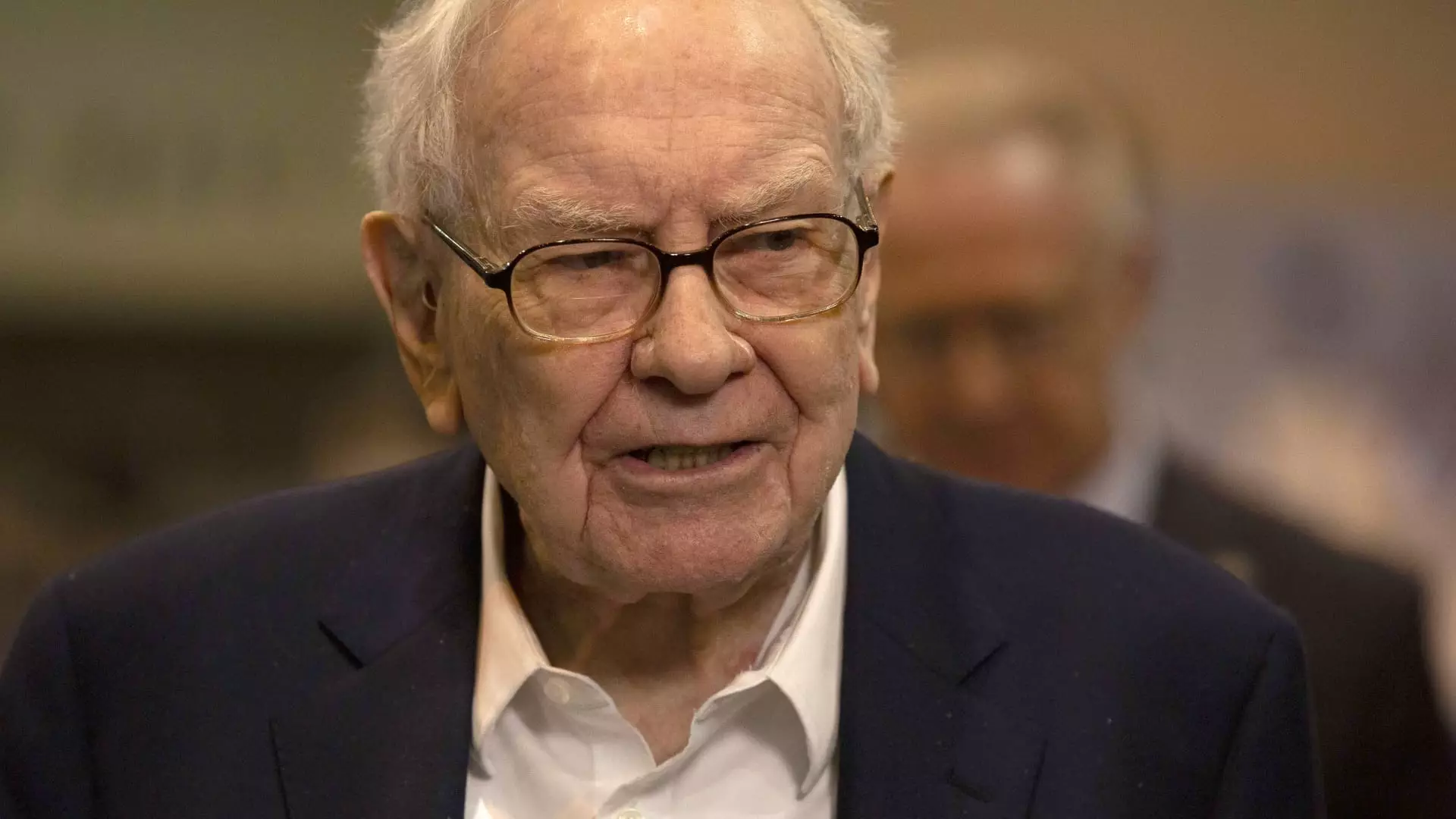Berkshire Hathaway’s recent financial maneuvers illustrate not only the acumen of its Chairman, Warren Buffett, but also a shift in the company’s strategic approach amidst a unique market landscape. As the conglomerate reported a staggering cash reserve exceeding $325 billion at the end of the third quarter, the implications of these choices warrant a thorough examination.
Berkshire Hathaway’s cash mountain, reaching an unprecedented $325.2 billion, remains one of the most remarkable facets of its financial portfolio. This enormous cash cushion, noted in its latest earnings report, signals an underlying strategy that Buffett has embraced amid ongoing volatility in the stock market. Not only does this massive cash reserve afford the company flexibility to seize potential investment opportunities, but it also showcases a cautious approach in uncertain economic times. The notable increase from $276.9 billion in the previous quarter reflects a deliberate decision to prioritize liquidity over immediate reinvestment in equities.
While the financial markets have generally been favorable, with Berkshire’s Class A shares appreciating by 25% this year, Buffett’s inclination to sell substantial portions of key equity holdings—particularly in Apple and Bank of America—raises intriguing questions about his outlook. The sale of approximately a quarter of its Apple stake for the fourth consecutive quarter, alongside the offloading of Bank of America shares that yielded over $10 billion, underscores a strategic repositioning rather than a loss of confidence in these investments. Instead, it may reflect Buffett’s anticipation of tighter fiscal policies or a potential increase in capital gains taxes in the foreseeable future, which could compel investors to act more conservatively.
The absence of share repurchases during this quarter stands in stark contrast to Berkshire’s past practices. Earlier in the year, the conglomerate repurchased over $2 billion worth of its own stock in each quarter; however, in the second quarter, that figure plummeted to a mere $345 million. Buffett has historically emphasized that Berkshire would buy back shares only when they are undervalued relative to the company’s intrinsic worth. The decision to refrain from repurchasing in this quarter, despite stock prices reaching new heights, indicates a careful balancing act between returning value to shareholders and maintaining a robust cash reserve.
The operational earnings for the third quarter, amounting to $10.1 billion, although down 6% year-over-year due to challenging conditions in insurance underwriting, provide a critical lens through which to view Berkshire’s overall performance. The decline relative to analyst expectations suggests that while the company has managed well within certain sectors, external pressures are beginning to seep into its broader operational efficacy. Even with this slight dip, the company’s market capitalization surpassed the $1 trillion milestone, reinforcing its stature as a lean and resilient powerhouse in an ever-evolving market.
As the U.S. economy grapples with inflation trends and fluctuating interest rates—most recently evidenced by the 10-year Treasury yield climbing above 4%—Buffett’s conservative strategy could be seen as prudently defensive. With market sentiment shifting towards the possibility of raised tax rates to combat growing fiscal deficits, Buffett’s caution appears justified. Notably, the concerns expressed by influential investors regarding governmental spending further amplify the importance of a robust cash position.
Buffett’s recent decisions regarding selling equity, withholding share repurchases, and maintaining a significant cash reserve reflect a composed and strategic adaptation to the current economic climate. As Berkshire Hathaway continues to navigate these challenges, it stands at a pivotal point, with its cash fortress serving as both a shield against volatility and a launch pad for future investments when market conditions align favorably.

